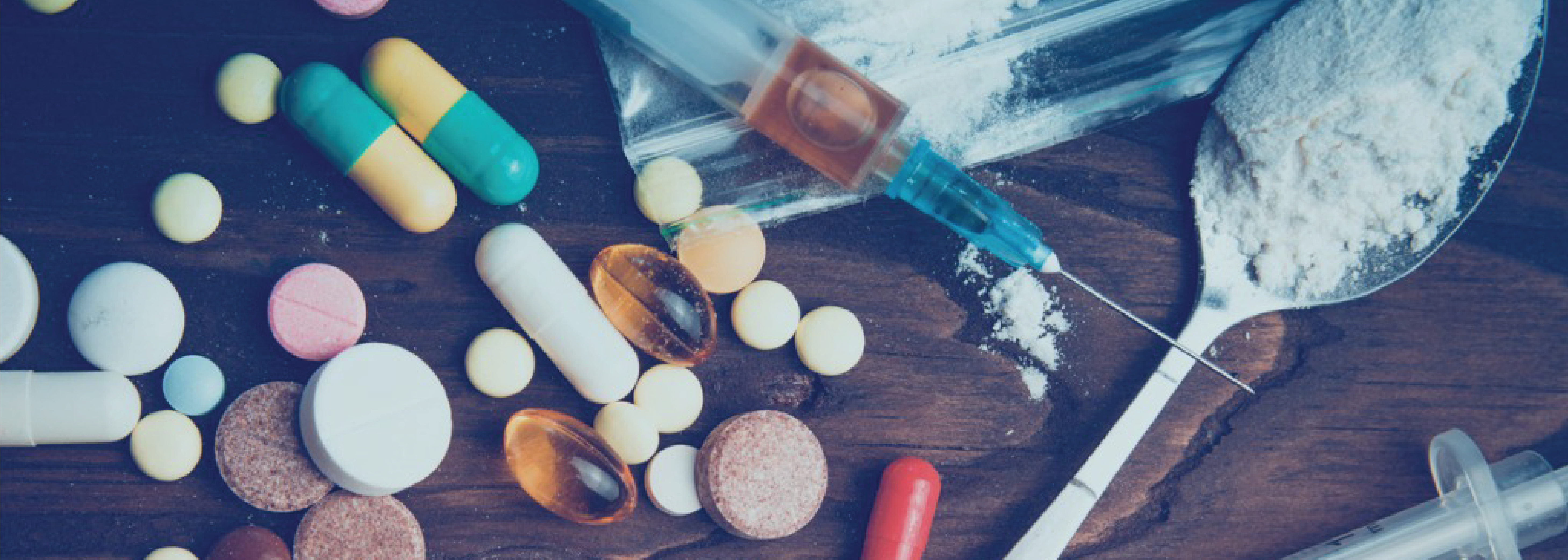Opioids, Naloxone and Needle Exchange
All drug use come with health risks, including the risk of becoming addicted. Street drugs like heroin, cocaine, ecstasy and methamphetamine are listed as illegal substances under the Controlled Drugs and Substances Act. Prescription drug use can also lead to addiction and other health risks.
Find more information on Addiction and Mental Health Support in your community.
If you think an overdose has occurred:
- Call 9-1-1 immediately.
- Administer Naloxone, if available.
Harm reduction services
Harm reduction refers to different ways to lower your health risks when using drugs. This includes services to prevent both overdoses and the spread of blood borne viruses such as Hepatitis C and HIV. Southwestern Public Health provides harm reduction services including:
- Access to Sterile, Single-Use Supplies
- Education about safer drug use
- Naloxone Kits and Training
- Information about community supports and resources
- Safe Needle Disposal
Learn more about from the Ontario Harm Reduction Program.
Opioids
Click here for additional video resources.
Opioids are extremely addictive painkillers. They come in different forms both on the street and from the pharmacy. Most often they are a pill, tablet, powder, or patch. Examples of opioids include:
- Carfentanil
- Fentanyl
- Heroin
- Morphine
- Oxycodone
- Hydromorphone (Dilaudid)
- Methadone
- Percocet
- Codeine
Health risks of opioids
Opioid overdose can kill you. Anyone who uses opioids is at risk for overdose and for becoming addicted. Depending on how you use, you may also be at risk for illnesses such as Hepatitis C and HIV. Lower your risk by using Harm Reduction Supplies and taking Naloxone Training.
Learn more about opioid-related morbidity and mortality in Ontario.
Prevent an opioid overdose
- Do not use alone
- Avoid mixing drugs, including alcohol
- If you haven’t used in a while, start with a small amount of a drug and increase the amount slowly, especially if you haven’t used drugs in a while or are new to drug use
- Download our Opioid Overdose Prevention Tips brochure
If you think someone has overdosed call 911 immediately and administer Naloxone if available.
Good Samaritan Drug Overdose Act
The Good Samaritan Drug Overdose Act provides legal protection for people who experience or witness an overdose and call 911. Learn what is and isn’t protected on the Government of Canada Website.
Prescription drugs
Learn about prescription drug use and its risks from the Royal Canadian Mounted Police and/or Canadian Centre on Substance Use and Addiction. You can also help reduce prescription drug abuse by:
- Taking medications only as prescribed
- Avoiding sharing medications with others
- Keeping medication in a safe and secure location
- Keeping track of the amount of medication in your home
- Disposing of expired or unfinished prescriptions at your local pharmacy











